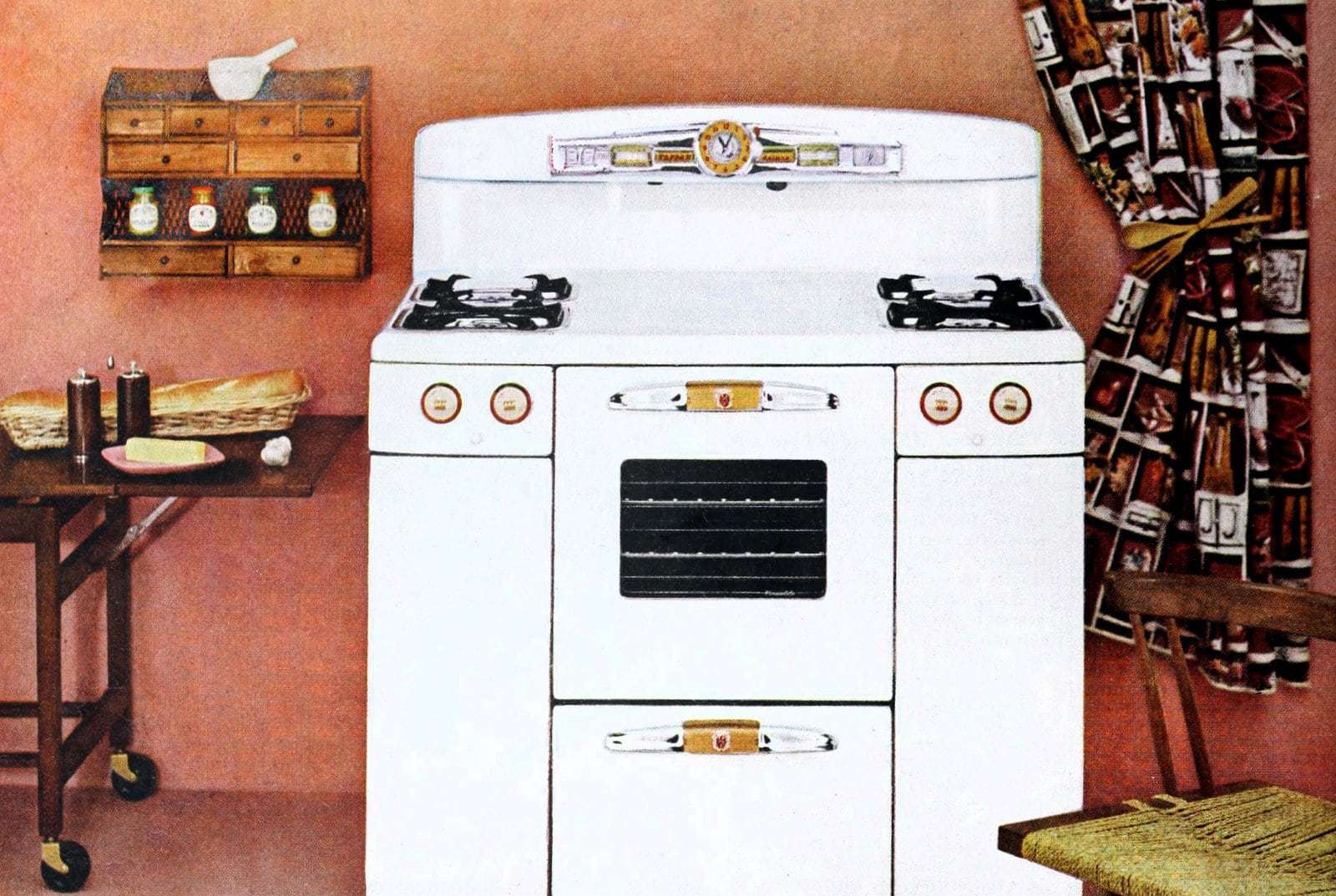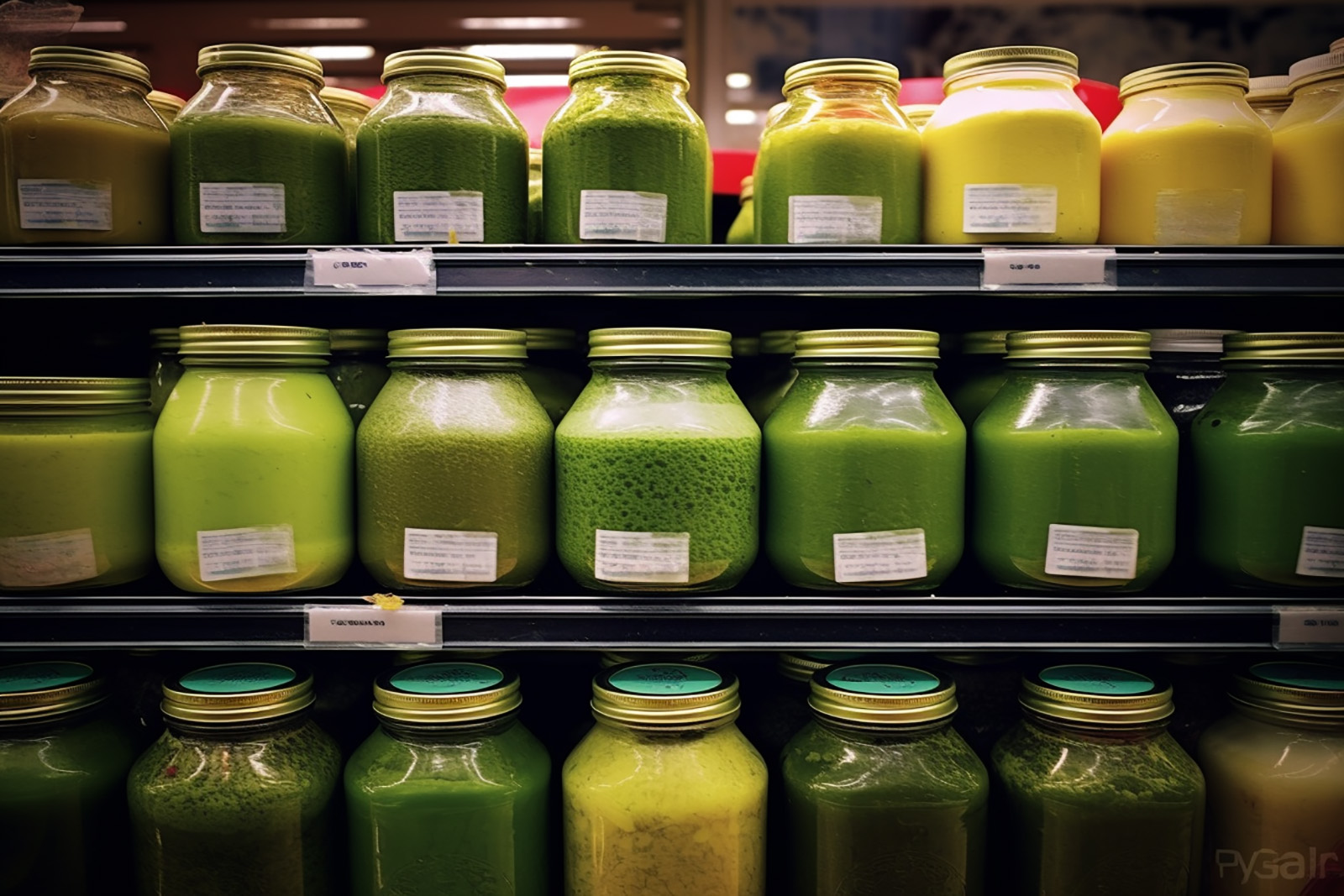This is an episode of MOLD’s podcast, Food Future. Listen here.
In this episode of Food Futures, Ludwig Hurtado invites Rebecca Leber to illuminate the contentious world of gas stoves, where the fight for public safety and fossil fuel reliance converge.
Interview of Rebecca Leber by Ludwig Hurtado.
Rebecca is a senior reporter at Vox where she has been covering climate change-related news for the last few years. She first became interested in the gas stove back in 2020 during the early months of COVID, when indoor air quality was central to the debate around public health. She was fascinated by influencer campaigns dedicated to the promotion of gas cooking that had been funded by the American Gas Association. These campaigns targeted young homeowners and people living in cities that are moving towards electrification, in an attempt to ensure the future of gas infrastructure in newly built homes. This iteration is only the latest in a widespread lobbying effort that includes building a cult of personality, or as some scholars are calling it, “petromasculinity”1, around being consumers of gas.
- 1. C. Daggett, 2018. Petro-masculinity: Fossil Fuels and Authoritarian Desire
Often referred to as “natural gas”, the vocabulary surrounding fossil fuels within the home works to gloss over the harmful health effects and climate impact of cooking with gas. Rebecca breaks down these misconceptions and outlines the reasons why the fossil fuel industry is invested in keeping gas stoves within homes. In the end, it comes down to the age-old belief that gas stoves just cook better than electric stoves – or do they? Listen to Food Futures and find out why it’s imperative we move towards a less gas-reliant experience, and how that is possible without compromising our cooking processes.






